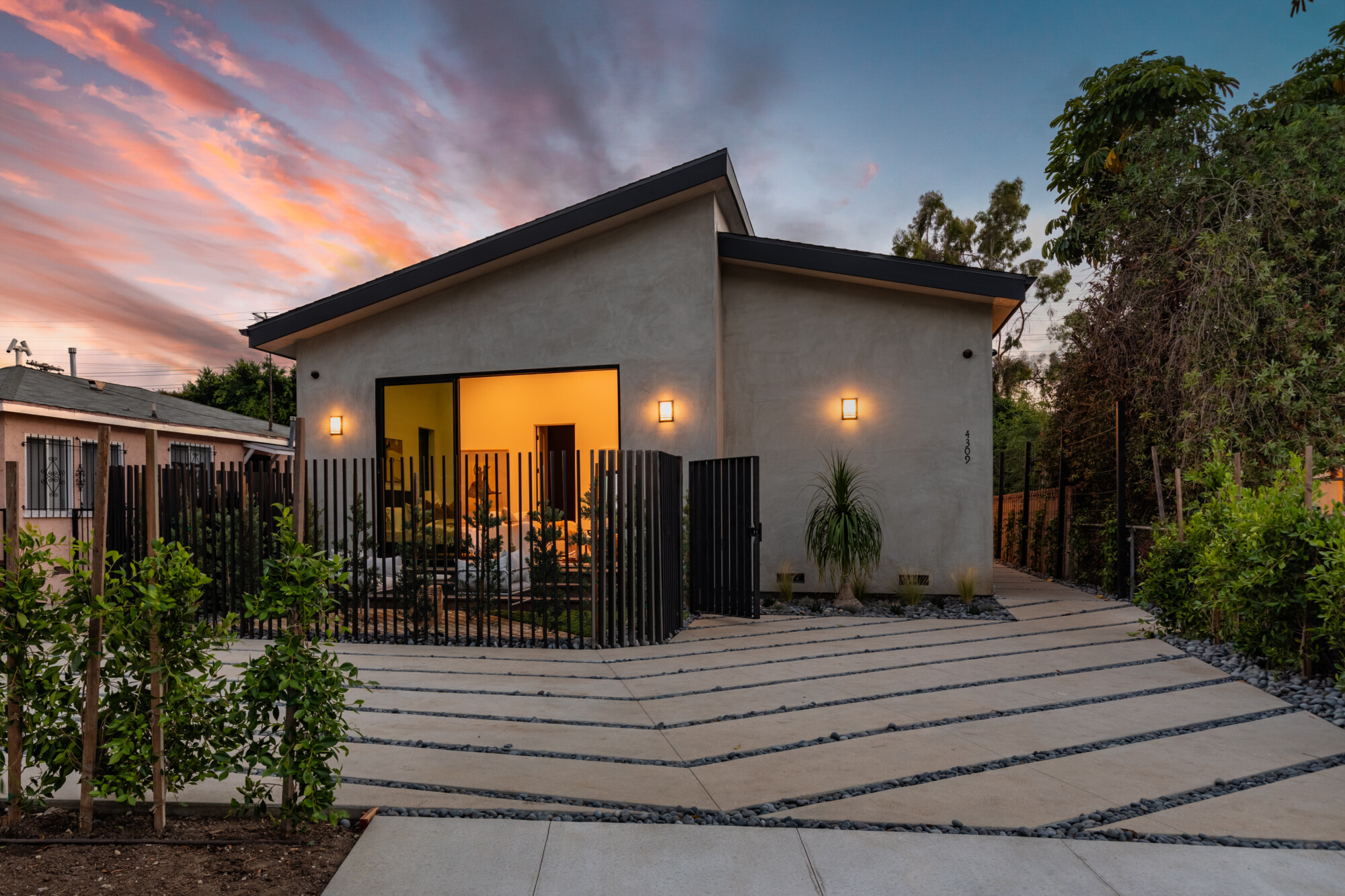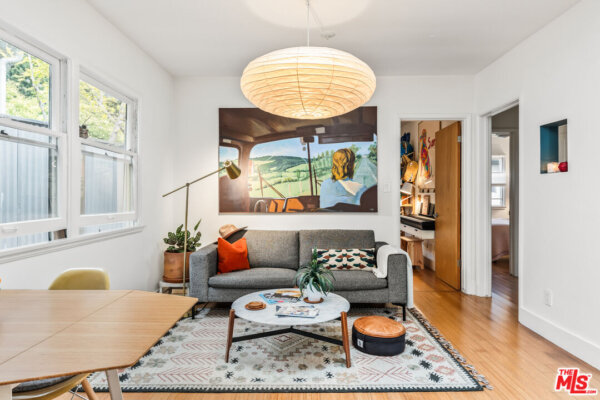California's New Real Estate Opportunity? Converting ADUs into Condominiums with AB 1033

Accessory dwelling units, commonly known as ADUs or "granny flats," have been exclusively available for rent in California. However, a new law called Assembly Bill 1033 now permits Californians to buy and sell them as condominiums, separate from the main house.
ADUs come in various forms, such as converted garages, small backyard homes, or unused parts of the main house, according to Assemblyman Phil Ting, who introduced the legislation and represents San Francisco.
Signed into law on October 11, 2023, AB 1033 allows property owners in participating cities to construct an ADU on their land and sell it independently, following the same regulations that apply to condominiums. This offers homeowners more building options and aims to promote homeownership, Ting explained.
To make the ADU-as-condominium approach available in their cities, local governments need to opt in under the new law. As of November 2023, local Southern Californian cities have not opted-in to the new law.
Here is how the new rules will function in participating cities when the time comes:
Similar to new condominiums, homeowners constructing ADUs must inform the local utilities (water, sewer, gas, and electric) about the creation and separate ownership of the unit. Each property is also required to establish a homeowners association to assess dues, covering the maintenance of the property's exterior and shared spaces like driveways, pools, or common roofs.
Ting mentioned that, as with conventional condominiums, the home and the ADU will have distinct property taxes.
He believes that initially, many ADUs going through this process will be sold to family members or close friends of the homeowner. Over time, as familiarity with this arrangement grows and more ADUs are sold, it may become a more common real estate transaction.
For example, Seattle, WA, has allowed ADUs to be built and sold separately as condominiums. According to the Seattle Times, 33% of new ADUs permitted in Seattle in 2021 were classified as condos. These ADU "condos" help provide homeownership opportunities to first-time and lower-income buyers by creating a new homeownership entry price point.
The average ADU "condo" sold for $732,000 in Seattle, according to the Seattle Times. But the standard single-family homes sold for an average of $1.2 million. Thus, while ADUs are smaller, they also present a way for Buyers to enter an otherwise priced-out real estate market. In other words, ADU condos are creating homeownership opportunities that would not have otherwise existed.
Meredith Stowers, a loan officer specializing in ADUs at CrossCountry Mortgage in San Diego, stated that AB 1033 benefits both homeowners and new buyers. Retirees, in particular, who have paid off their mortgage but rely on limited Social Security and retirement funds, can earn additional income through this law. According to Stowers, retirees are facing the challenge that, after many years of loan modifications and high interest rates, it doesn't make financial sense to move out of their homes. At the same time, young families can purchase an affordable starter home.
If you are thinking about adding an ADU to your property, let’s connect so we can discuss how an ADU affects your property values, your return on investment, and how you can best set yourself up for when local cities start implementing the rules of AB 1033.


